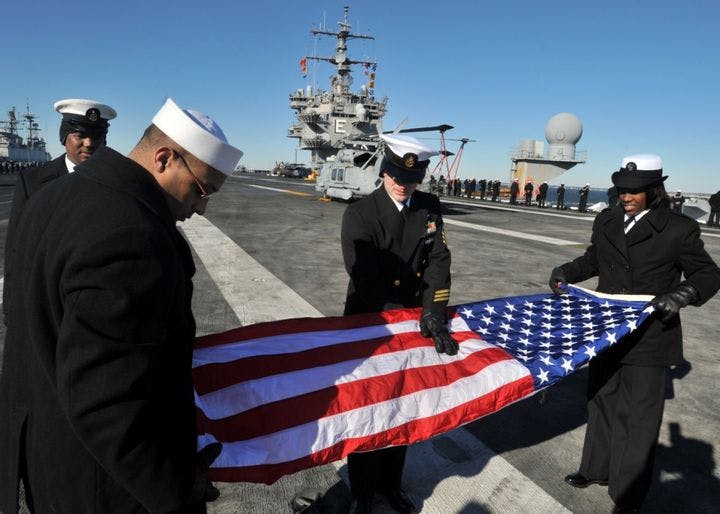Winter 2012
Indispensable No More
– The Wilson Quarterly
In light of its diminished influence, the U.S. must be careful about where and how it deploys its power.
The country's chattering class seems fixated on the question of whether the United States is on the verge of a fatal decline. Stephen M. Walt says the alarm is exaggerated. “Whether the future world is unipolar, bipolar, or multipolar, Washington is going to be one of those poles—and almost certainly the strongest of them,” he writes. Walt, a Harvard professor of international affairs, argues, however, that the “American era”—in which the country was the “sole superpower in a unipower world”—is over. In light of its diminished influence, the United States must be careful about where and how it deploys its power.
The 1990s marked the height of the American era as well as its end, Walt observes. Eastern Europe shook off the shackles of communism and China’s economy soared. Within the past decade, India, Turkey, and Brazil have experienced economic surges that brought them to the forefront of international affairs. The United States has made mistakes that hastened the diminishment of its authority, namely the “expensive defeats” in Iraq and Afghanistan and the financial crisis. The country’s inability to broker a peaceful resolution to the conflict between Israel and Palestine has also weakened its hand, Walt says.
How should the United States deal with its attenuated influence? “Instead of trying to be the ‘indispensable nation’ nearly everywhere, the United States will need to figure out how to be the decisive power in the places that matter,” Walt writes. The United States should return to “offshore balancing” as its governing strategy, presiding over a peaceful Western Hemisphere and ensuring a balance of power in Eurasia and the Persian Gulf. It should only consider military engagements of the sort that have been effective in the past—such as those aimed at preventing or reversing conventional acts of war, as when it countered Iraq’s 1991 invasion of Kuwait. American nation-building and counterinsurgency efforts have failed; they should stop. A wiser course would be to encourage allies to step up and take the lead more often, a policy that bore some success in the European-led intervention in Libya last year.
The primary focus of U.S. foreign policy should be Asia, Walt says. In addition to a strong network of committed allies, Washington needs to maintain a capacity to project force by land, sea, and air in the region. At the same time, it must be careful not to unduly provoke China.
But the United States must also remain mindful of “domestic imperatives,” such as fostering first-class capabilities in education, research, and infrastructure, Walt argues. That’s what will keep the country strong over the long term—not meddling in “strategic backwaters” such as Afghanistan and Iraq.
* * *
The Source: "The End of the American Era" by Stephen M. Walt, in The National Interest, Nov.-Dec. 2011.
Photo courtesy of The U.S. Navy
